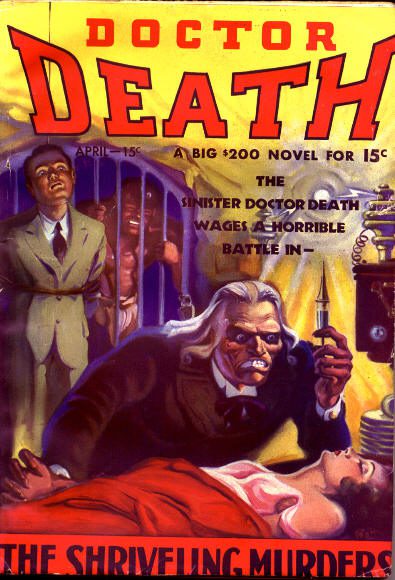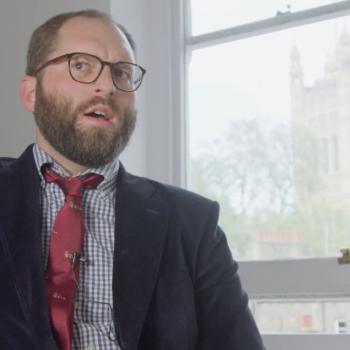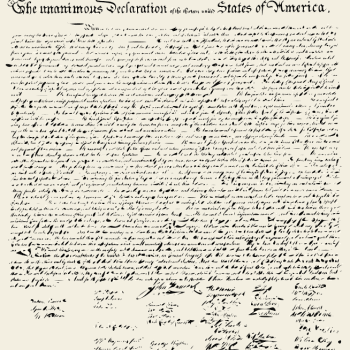
“Palliative care” refers to medical treatments that ease pain and suffering, particularly for the terminally ill. But in jurisdictions that have legalized euthanasia, palliative care is becoming less and less available. This, in turn, causes more patients to turn to physician-assisted suicide.
So observes Wesley J. Smith, who cites a physician in the Netherlands: “One doctor once infamously said he didn’t need palliative care when he had euthanasia.”
Now this is happening in Canada. It has become a particular problem in Quebec, where end-of-life care has become reduced to pretty much just euthanasia. Smith quotes an article on the subject in the Canadian newsmagazine MacClean’s:
Provincial foot-dragging on plans to substantially expand palliative care services is actually denying patients the very choice that was promised in the shift to MAiD, and making it increasingly problematic to discern which patients truly wanted to have a doctor deliberately end their life, Bernard says.
“In certain identified cases, patients, for the lack of (palliative) care, might have had no choice but to ask for medical assistance in dying to end their days ‘in dignity,’ which deeply concerns us,” the Collège president tells the minister.
Worse, he adds, the Collège has been hearing increasing concerns from its member doctors about re-direction of already scarce resources from palliative care to medical assistance in dying, which risks a violation of both the letter and the spirit of Quebec’s law governing end-of-life care.
Smith goes on to point out that while palliative care is an advanced medical specialty, it takes no particular expertise to take a patient’s life. So minimally qualified physicians, sometimes with little experience in treating and counseling patients, are often the ones prescribing and administering the euthanasia drugs.
This is evident in American states that allow euthanasia. Smith says,
In California, the Life Legal Defense Foundation learned in a lawsuit that a large percentage of lethal prescriptions in California have been written by Lonnie Shavelson — a euthanasia crusader, not board certified in any specialty, much of whose medical career he spent as a part-time ER doctor, and who mostly pursued journalistic endeavors in recent years rather than treating patients.
It would appear that euthanasia impedes medical progress. Why not hurry the patient along to death, rather than treat the condition or develop treatments to ease the suffering?
It also seems that this primal repudiation of the Hippocratic Oath–“Neither will I administer a poison to anybody when asked to do so, nor will I suggest such a course”–is harming the medical profession as a whole.
Illustration: Dr. Death comic book (1934) by Dell Publishing / Rudolph Zinn (http://www.philsp.com/mags/all_detective.html) [Public domain], via Wikimedia Commons


















